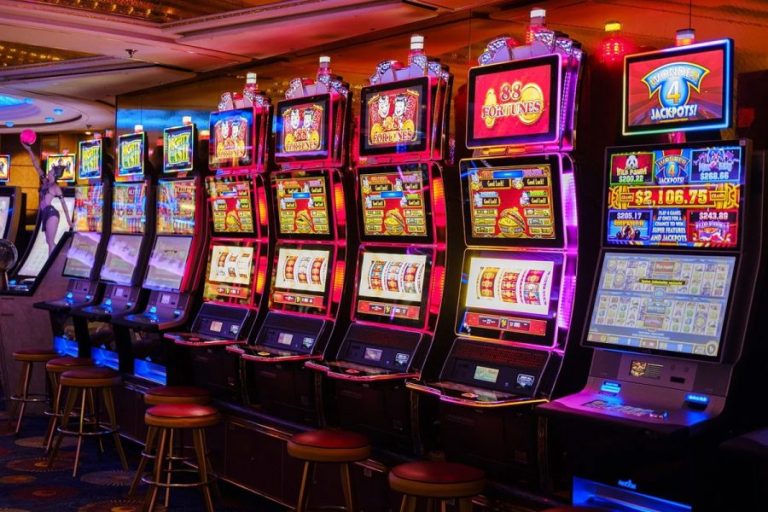
What Is The Legal Framework Regarding Casinos
Casinos are establishments that offer various types of gambling activities, such as slot machines, table games, poker, and sports betting, like PlayAmo Login. The legal and regulatory framework surrounding casinos can vary greatly depending on the country or state. In this response, we will provide a general overview of the legal and regulatory framework surrounding casinos.
Licensing and Regulation:
Most countries and states require casinos to obtain a license from a regulatory agency before they can operate legally. The regulatory agency is responsible for ensuring that the casino meets certain standards and complies with applicable laws and regulations. The regulatory agency may also conduct inspections, audits, and investigations to ensure that the casino is operating fairly and transparently. In some cases, regulatory agencies may also have the power to revoke a casino’s license if they violate regulations or commit illegal activities.
Gaming Control Board:
Many jurisdictions also have a gaming control board, which is responsible for regulating the casino industry. The gaming control board may have the power to approve or deny license applications, enforce regulations, and oversee the conduct of casino operations. The gaming control board may also investigate complaints, issue fines or penalties, and impose restrictions on casino activities.
Anti-Money Laundering:

Casinos are often targeted by money launderers who use the gambling activities to “clean” illegal proceeds. To combat this, most jurisdictions require casinos to implement anti-money laundering measures, such as customer identification procedures, record-keeping, and reporting of suspicious transactions. In some cases, casinos may also be required to conduct due diligence on their customers and report any suspicious activity to regulatory agencies.
Taxation:
Casinos may be subject to various taxes, such as income tax, sales tax, and excise tax. The tax rate may vary depending on the jurisdiction, and some jurisdictions may also impose additional fees or charges on casinos. The revenue generated from casino taxes is often used to fund public services, such as education, healthcare, and infrastructure.
Responsible Gambling:
To promote responsible gambling, many jurisdictions require casinos to implement measures to prevent problem gambling and provide assistance to those who develop gambling addiction. This may include providing self-exclusion programs, offering counseling services, and displaying warning signs about the risks of gambling.
Security and Surveillance:
Casinos are often targets for theft and fraud, which is why they are required to implement security and surveillance measures to protect their assets and customers. This may include installing cameras, hiring security personnel, and using biometric technology to identify customers.
The legal and regulatory framework surrounding casinos is complex and varies greatly depending on the jurisdiction. Licensing, regulation, anti-money laundering, taxation, responsible gambling, and security and surveillance are some of the key areas that are regulated in most jurisdictions. Casinos that operate legally and comply with the regulations can provide entertainment and generate revenue for both the casino and the government. However, casinos that violate regulations or engage in illegal activities can face severe penalties, including fines, license revocation, and even criminal prosecution.
